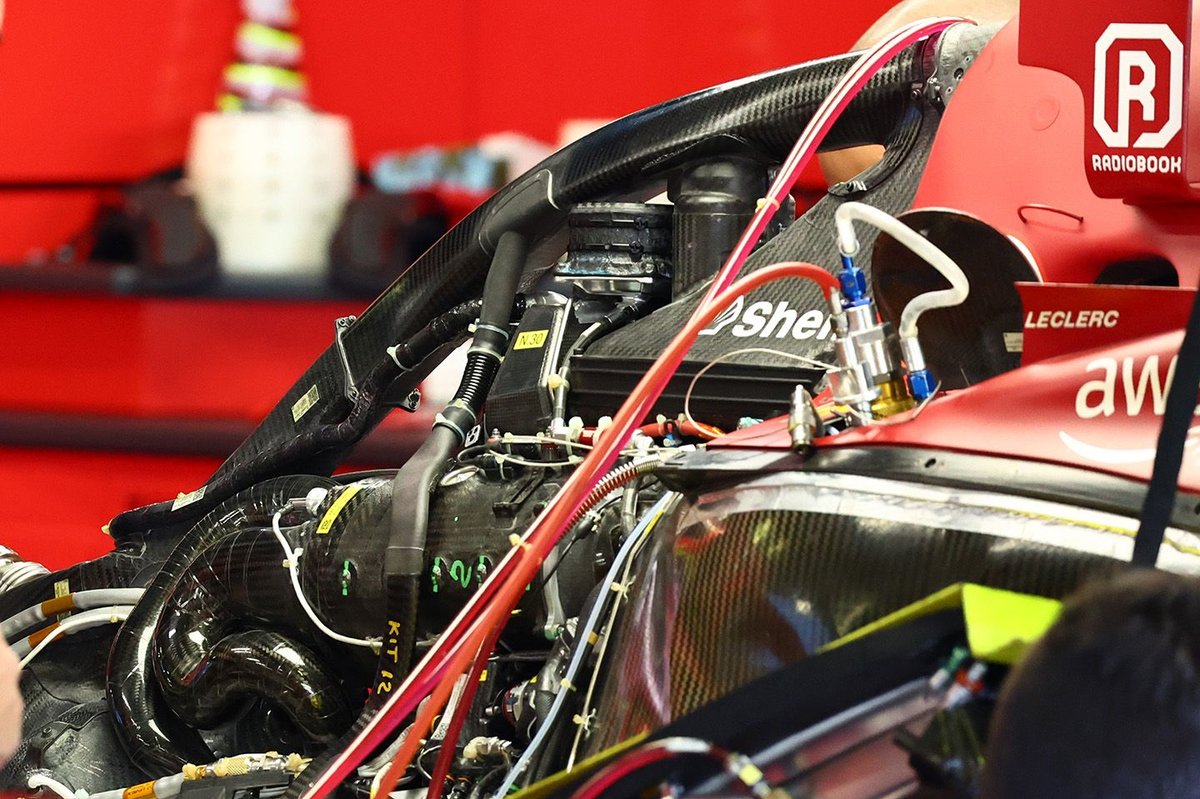
With F1 chiefs and the FIA close to finalising the 2026 chassis and power unit regulations over the next few weeks, attention has already shifted to the subsequent rules era.
And in what could be a dramatic change of approach for F1 after what by then will have been more than 15 years of turbo hybrid engines, Domenicali has hinted that one option could be to abandon the current concept altogether.
That possibility comes as part of a renewed effort to make F1 engines louder.
Ever since the turbo hybrids arrived in 2014, there have been complaints about their lack of noise compared to the old V8s.
And while they have got louder, and hopes were of a big step for 2026, it is clear that they are still not at a level that F1 wants.
Instead, F1 could look at a range of options - potentially including new technologies or even old-school V8s - to find a solution that fits grand prix racing’s needs.
Speaking to selected media, including Motorsport.com's Italian website, ahead of the Emilia Romagna Grand Prix, Domenicali outlined his desire for F1 to get some noise back on the engine front.
And he went on to suggest that, if F1’s switch to running fully sustainable fuels for 2026 proves successful, then abandoning hybrids in favour of a new direction could be something to think about.
“As soon as the 2026 regulations are defined, we will start to think about what the next steps will be, such as the 2030 engine,” said Domenicali.
“It is a personal consideration of mine, not yet shared with the teams, even if we have spoken about it with the FIA, that if sustainable fuels work, we will need to carefully evaluate whether to continue with hybrid (technology) or whether better solutions will be available."
A V8 return?
While Domenicali did not offer any details about what the alternative options could be, there have been many suggestions over recent years that if F1 makes a success of fully sustainable fuel then it would remove the environmental argument against having the popular V8s.
A move in that direction would also help reduce car weight - a topic which has gained increasing prominence in recent years.
Last year, world champion Max Verstappen outlined his dream vision for what F1 should be and it included a move to V8s.
"I would definitely get rid of the hybrid,” he said. “I think all the time, when I jump back in a V8, I am always so surprised at how smooth the engine is.
“The top speed is slow compared to what we have now, but it's just the pick-up of the engine, and the torque.
"It's so smooth the whole delivery process: the downshift, and the upshifts. It's so much more natural to what we have."
2026 progress
Domenicali also offered an update on progress with the 2026 regulations, which he suggests will be ready well ahead of a 30 June deadline.
“In recent weeks there has been an alignment between the various parties involved, and the publication of the 2026 regulations should take place on 1 June,” he said
“The FIA will then explain the changes, which are many.
“And it will be important to clarify as best as possible because I have read a series of interpretations that do not correspond to what the new regulations will be.”
While the new car rules have not been finalised, there are already concerns about certain compromises forced on them by the choice of turbo hybrids.
One of these is car weight, while Domenicali reiterated that noise is critical.
“The sore point, but unfortunately necessary at the moment, is related to the weight of the single-seaters,” he said
“By keeping the hybrid power unit solution also for 2026, a significant increase in weight is inevitable.
“If we compare a prediction of the 2026 single-seater with a car from 10 years ago, we can see that weight has become a significant issue.
“All drivers would like to have lighter cars, and personally I would also like a slightly larger sound.
“On this last front, we are working to try to increase the number of decibels.
“From the research we are carrying out, it emerges that all markets, and all age groups, want a better sound as well as the energy and vibrations that only a certain type (of engine) is capable of transmitting when you are close to the track.”







